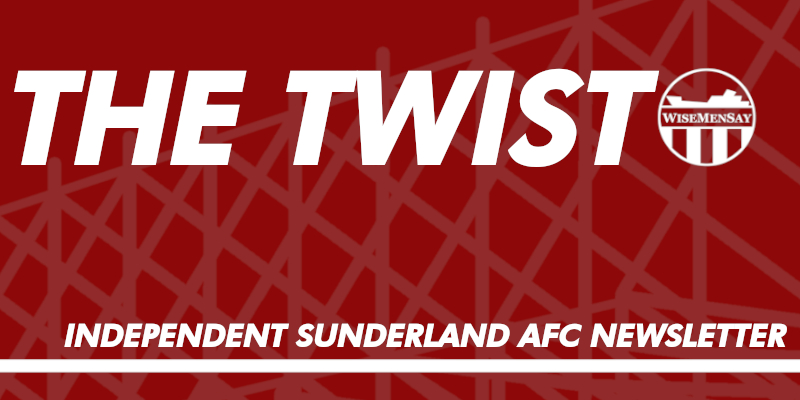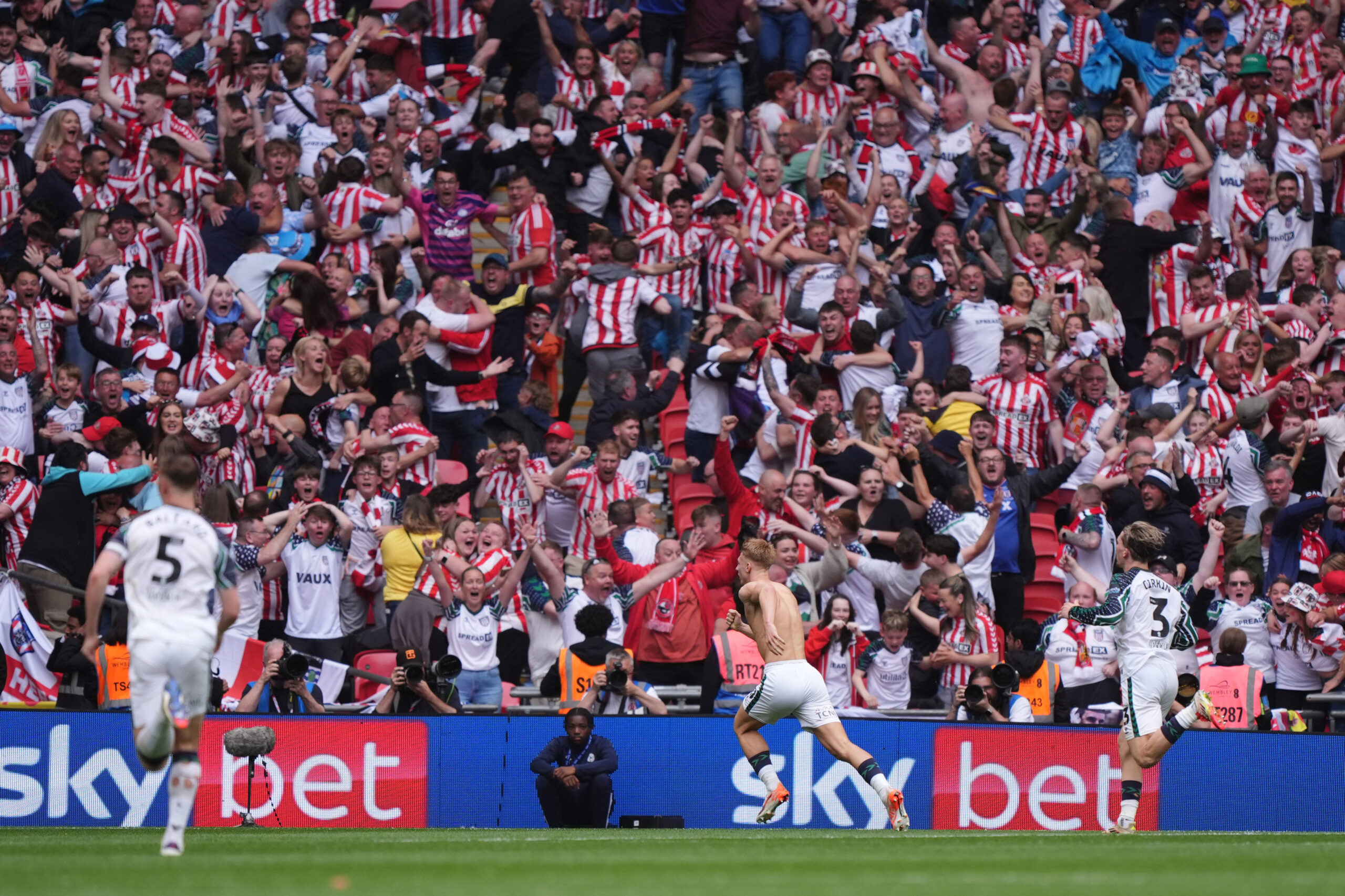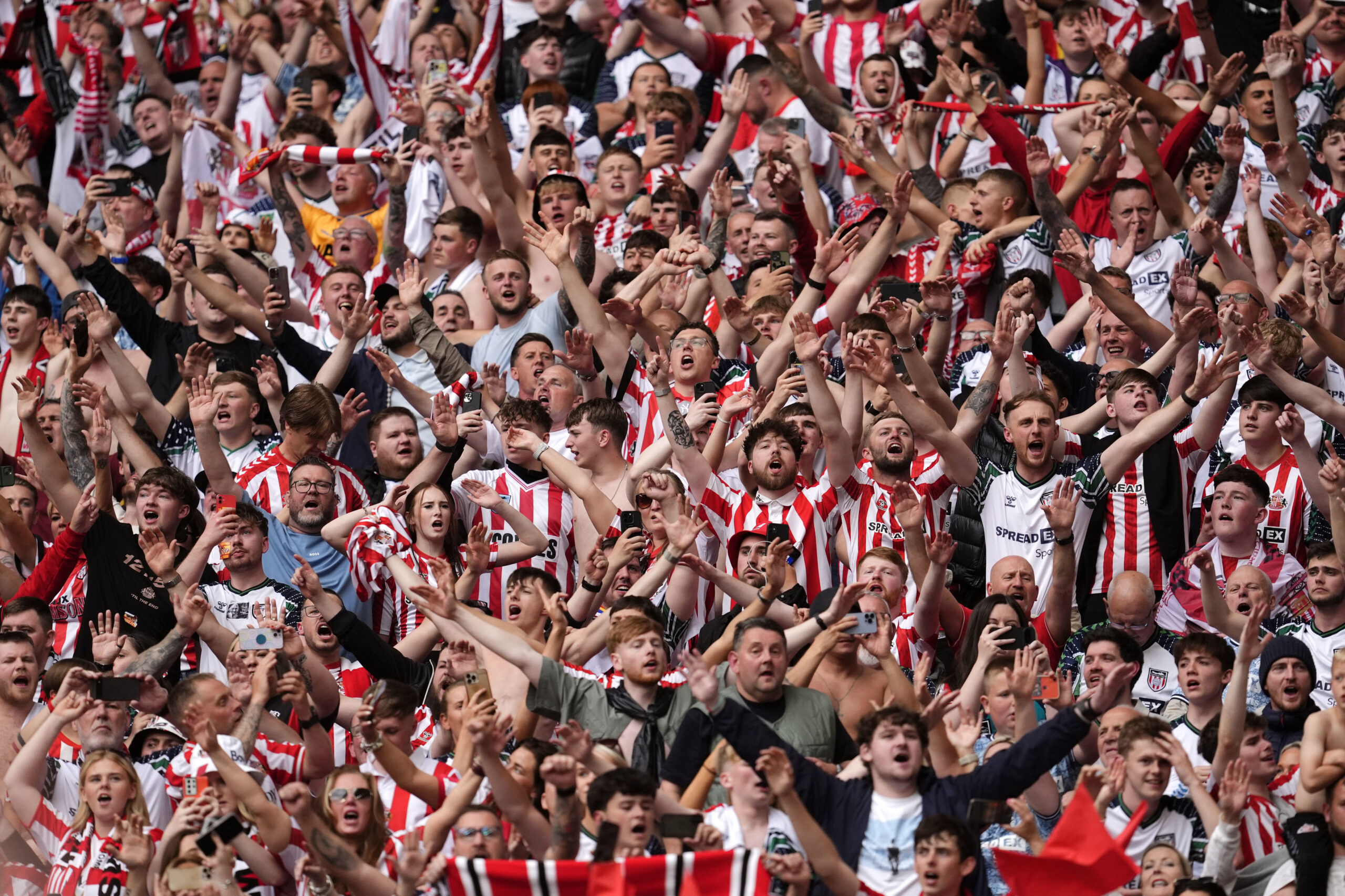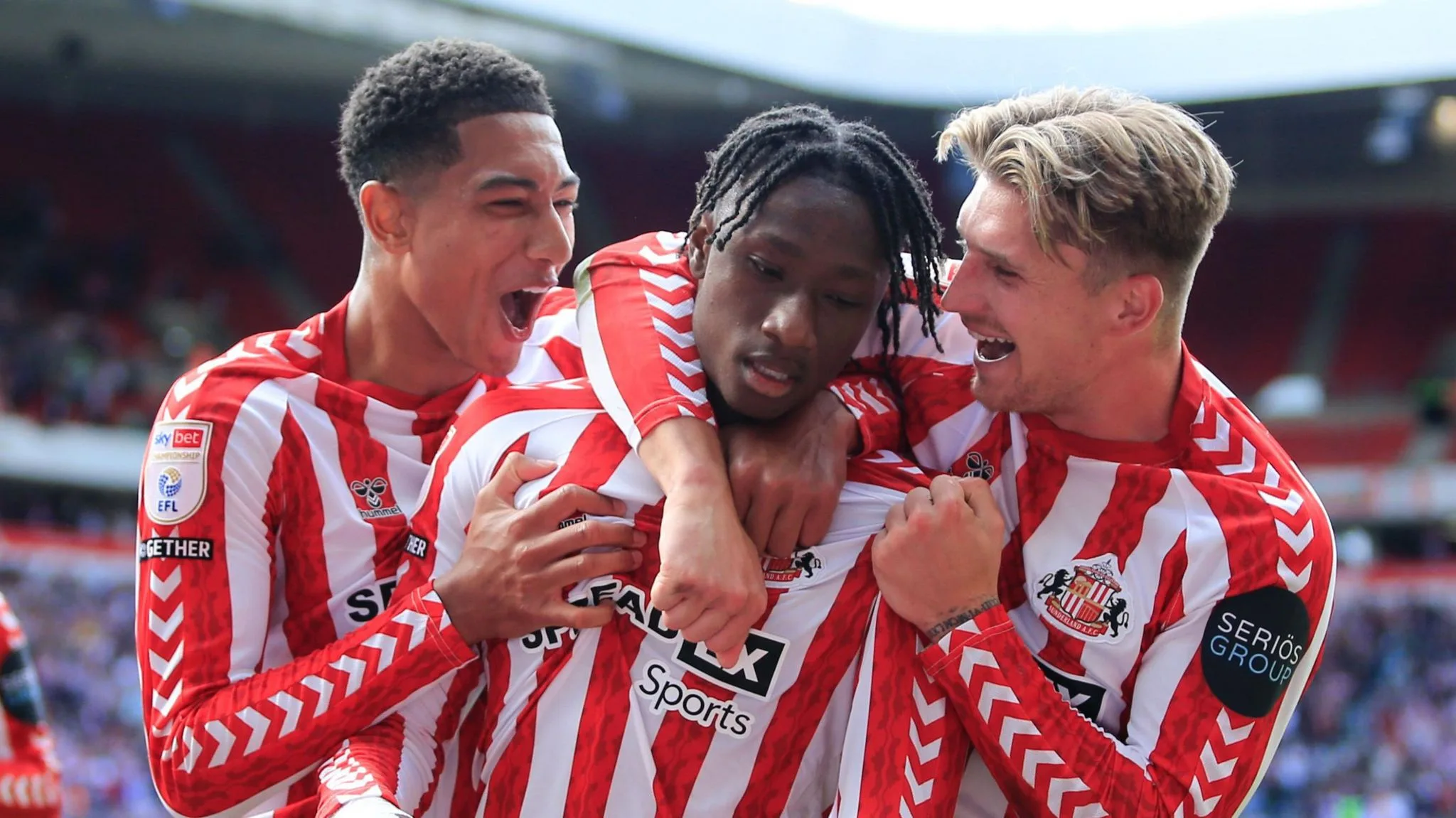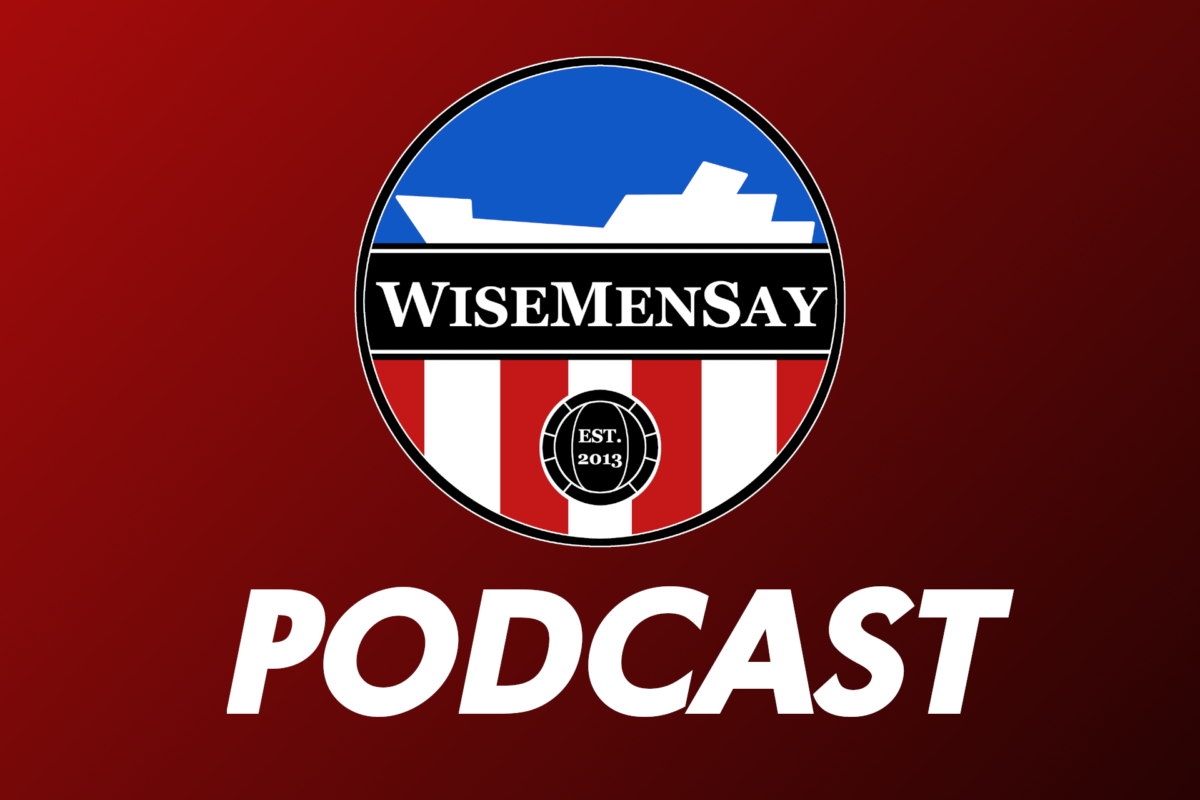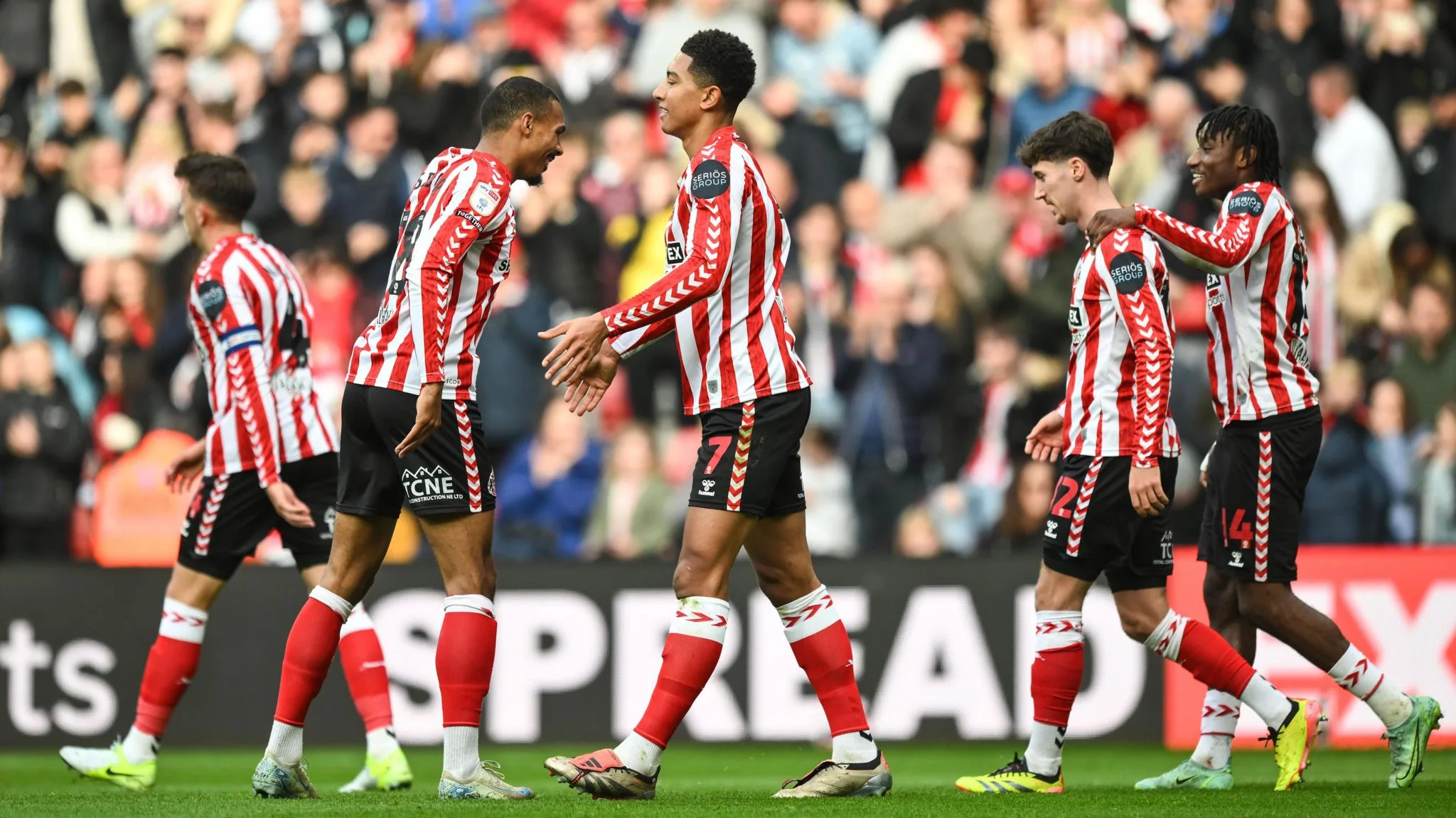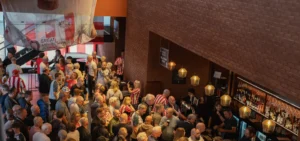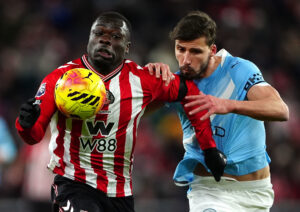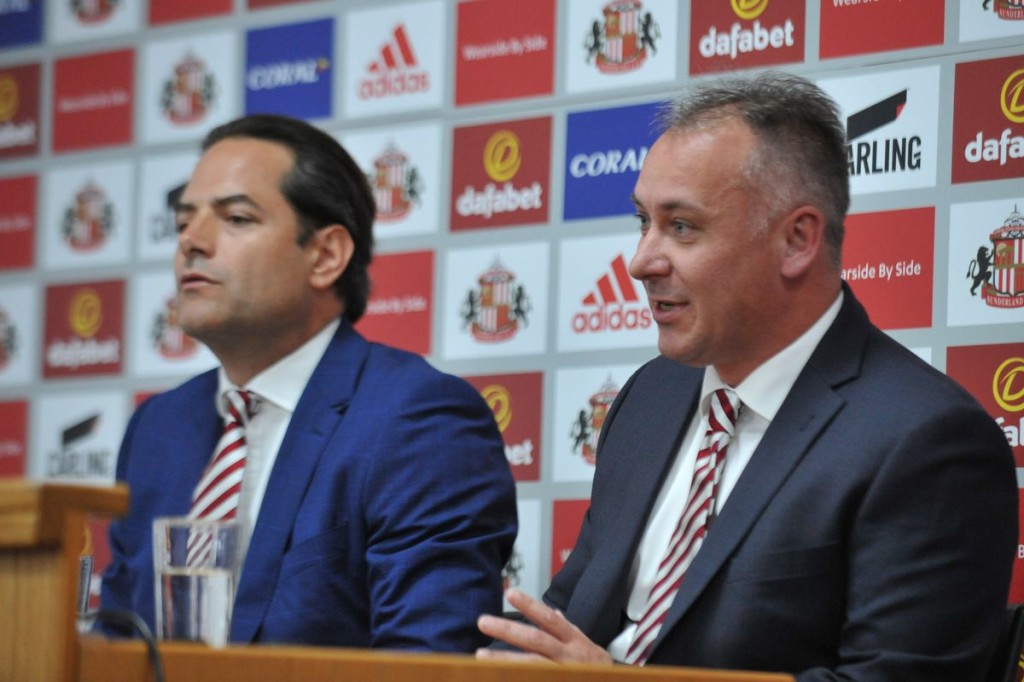 The problem with a house of cards is that once one of those cards flutters away the rest are doomed to follow. Construct an outer edifice without the internal structure to reinforce it and, sooner or later, however hard you try, it will all come crumbling down.
The problem with a house of cards is that once one of those cards flutters away the rest are doomed to follow. Construct an outer edifice without the internal structure to reinforce it and, sooner or later, however hard you try, it will all come crumbling down.
That, make no mistake, is what we are witnessing at our football club right now. Two years ago, new ownership arrived on the crest of the wave, preaching transparency at every turn and a willingness to serve as custodians of an institution rather than mere owners of a business.
Now, as is becoming clear by the week, the narrative that we have been served over the past 24 months is falling to ruin. Last week’s damning revelation regarding the writing-off of £20.5m of club money looks to have turned the tide irrevocably against Sunderland AFC’s current owners and, though Friday evening’s wider publication of the existence of an interest-bearing loan between Stewart Donald and Madrox may not have resonated on quite the same level, it is another card lost to the wind.
More will follow, just as more tales that leave people aghast surely will too. Things are only heading one way and, as fans, we can only continue to make our voices heard and try to ensure that the ending which is upon us – and, surely, two years of failure must be nearly at their end – is a happy one.
Disclaimer: What follows is not an attempt to stick the boot in. In light of Friday evening’s article in the Mail, we think the tale below is of relevance and that fans deserve to know it, albeit without disclosing too much of what were essentially private conversations. As we hope is clear, the matter is something that a solution has been sought for, not in the name of trouble-making (despite what may have been suggested by some elsewhere) but instead for the good of Sunderland AFC. We print this piece in order to further that end also, and nothing more.
What does Friday’s news mean?
For anyone who attended the Red and White Army’s (RAWA) open meeting in January of this year, Friday’s news in the Daily Mail will not have come as a great surprise. At that meeting, midway through a wider presentation that laid bare the changing tales the club’s current owners have offered up across their time in charge, a copy of an excerpt of both the loan agreement and a response from Stewart Donald’s accountants was put up on screen.
That does not mean Friday’s piece was unworthy of being published. The RAWA presentation was not distributed beyond the room, was seen by maybe 100 or so fans and gained little traction afterward. Plenty will have been unaware of the matter and, even if it does turn out to have been a matter essentially unrelated to our club, it is still an episode that has cast even further doubt over the intentions of our club’s current owners due to the actions that followed the document’s discovery.
It is best to start with a bit of an explainer as to what the loan agreement uncovered in the Mail piece actually entails. Put simply, the document, agreed at the beginning of August 2018, details a loan from Stewart Donald personally (not the SJD Leisure Holdings business he holds shares in Madrox via) to Madrox Partners Limited. The loan is said to not exceed £5m, is available for a period of 16 months (so, up December 2019) and must be used by Madrox ‘for the running of and all associated costs related to Sunderland Football Club only’.
The more salacious details appear in section 6. In section 6.1, as the Daily Mail reported, it is stated that ‘the borrower (Madrox) shall pay interest on the Loan at the rate of 6% above the base rate of HSBC Bank PLC business loans rate, as varied from time to time.’ Per section 6.2, interest shall accrue daily and be ‘payable monthly, in arrear, on the last Business Day of each month.’ Where Madrox fail to make interest payments as they fall due, per section 6.3, ‘interest on the unpaid amount shall accrue daily, from the date of non-payment to the date of actual payment, at 3% above the rate specified in Clause 6.1.’
At a glance then, there exists a clause that enables Stewart Donald to charge interest from Madrox Partners – an entity in which he is a majority shareholder – at a rate of 6% over the HSBC business loans rate. When we checked with the bank as to what their rate was in December 2019, it was positioned at 1% over the UK base rate of 0.75%. So, at that point in time, were it still in place, the loan could attract interest of 7.75%. If payments were missed, that rate would rise to 10.75%.
We should make some important distinctions here. Firstly, the rate of interest is not static. Following the outbreak of Covid-19, the UK base rate has dropped to 0.1%, which would evidently impact the above agreement if it were still in place.
A rather more important distinction is that, based on the documentation alone, there is no evidence interest is being charged on amounts placed into Sunderland AFC by Madrox. Any interest is due from Madrox to Stewart Donald personally. In truth, if everything is above board, there should be no loan agreement in place from Madrox to the club; it should be the other way around, with Madrox paying down the debt owed as a result of borrowing significant sums from the club across their first year in charge.
The agreement does however raise an important question: how will Madrox pay back the interest to Mr Donald? One potential source is his fellow Madrox shareholders, Juan Sartori or Charlie Methven. Another would be the proceeds Madrox recoups should it sell Sunderland AFC in the future (and if this was the intention when drawing up the loan, then the 16-month availability period of the loan adds a further level of interest).
The other alternative, one for which we have no evidence but, as will be detailed, we also remain unconvinced wasn’t the original intention, would be the club itself. It is not in any way unusual for funds to be injected into Madrox as a loan. But adding interest to that loan creates a ‘gap’ of sorts, one which, assuming the agreement wasn’t cancelled, would have to be filled by someone at some time.
Unfortunately, the Daily Mail have been cut off from the club and were unable to obtain an explanation. As will be outlined below, others were able to obtain an explanation but minimal evidence to back it up, despite originally being promised the latter.
The full story
Much like the Juan Sartori news of last week, it was only a matter of time before the story found its way into the wider consciousness. The loan agreement detailed above is publicly available, just like the Sartori Share Purchase Agreement, and has been for around 18 months.
It is some 17 months since it was first put to the club’s owners. Knowing that the document looked potentially dubious – not legally, but certainly morally – it was decided best to ask them directly, rather than blowing it out into the open without an attempt to obtain an explanation.
Charlie Methven’s current reputation for reliability pits him somewhere between Patrick Bateman and Tyler Durden but, in his defence, he did seem genuinely surprised when the matter was raised with him. He was adamant that it couldn’t be right, asked if the document could be sent to him, and said he, or someone else, would be back in touch as soon as possible.
That ‘as soon as possible’ came the very following day with an email from Stewart Donald. In it, Mr Donald was keen to stress that documents such as the loan agreement had been drawn up in haste, had used standard templates and had not been his focus given everything else that needed to be done at the club. Mr Donald said that the documents should have been checked and redrawn where errors were present; he accepted that scrutiny in the role of Sunderland’s owner would not only be forthcoming but also welcomed. He advised the document would be redrawn, any interest charged would be cancelled, and the new document(s) would be sent as proof.
That seemed not just fair but also, much like plenty else that had come our way over the previous seven months, a breath of fresh air. Here was a chairman who, noticing concerns in the fan base, moved quickly to allay them. Not only that, but promising proof of rectification too (proof which outsiders have no real right to see). The explanation that the document was simply a template seemed a little far-fetched – ‘at the rate of 6% above the base rate of HSBC Bank PLC business loans interest rate, as varied from time to time’ appears, at least to me, to be pretty specifically worded – but given the high esteem the ownership were held in at the time it seemed only fair to take them at their word.
Fast-forward a month and a half into February 2019 and another email arrived, unprompted, from Mr Donald. He confirmed he had instructed the relevant people to revise the paperwork, removing any interest payable clauses, and that the documentation should be available in the next seven days or so.
Given no reason to doubt, and, on the contrary, feeling pretty reassured, the matter was left there. Those seven days went by without any further correspondence but that seemed fine. This was hardly the most pressing of matters. On a bit of whim, an email was sent to Mr Donald around five weeks later requesting an update.
In hindsight, it was here that matters began to go awry. A reply came confirming the paperwork was to be tidied up by the end of the week, that the club was debt-free and there were no longer any loans in place and therefore no accompanying interest charges. None of the promised documents were forthcoming, but the explanation mostly made sense. All bar the part where Mr Donald explained that all funds had been put in as equity rather than loans.
To this day, the only equity injection into either Madrox or Sunderland AFC since Donald and co bought the club from Ellis Short was an injection of £9m into the club in November 2019, almost certainly coming via FPP. None of the amounts passed into Madrox by any of its three shareholders have done so as equity (again, this is not especially surprising or unusual), and nor have they then passed into the club as equity either (with the exclusion of the FPP £9m). If no loans truly were in place, then the money loaned to Madrox must either have been paid back – which isn’t and can’t have been the case – or we would see equity filings for the conversion of those loans. The loans into Madrox, therefore, must still exist. Of course, if the documentation had been redrawn, the matter would be closed.
Truthfully, the matter fell by the wayside for a while. There was a Checkatrade Trophy Final to be getting on with, a promotion push and, well, just life in general. In terms of Sunderland AFC, things came out – the Daily Mail article in May 2019, for example – that ensured this matter became a bit of an afterthought.
Come mid-December 2019, on a bit of a whim, it was decided to make another go of things. By now the first-team was tumbling down the third tier, the senior academy sides couldn’t buy a win, the club had come close to being sold twice and all manner of concerning tales were beginning to come out of the woodwork. It seemed as good a time as any to try and put the matter to bed.
A request was put to Mr Donald to provide the documentation that had been promised previously. The request wasn’t denied; rather, it was suggested the matter should go through RAWA. Mr Donald was happy, he said, to put RAWA in touch with his accountants to confirm the matter. Oddly, as a reply was being sent, Mr Donald sent a further email highlighting how much better a state the football club was in since his arrival and detailed various successes during his reign (despite this not being part of the topic at hand).
It was suggested the matter could go away very easily by providing the documents previously promised, and that involving RAWA might only lead to more questions. That was met with a straight bat by Mr Donald, who reiterated his desire to route the matter through RAWA. RAWA were brought into the conversation and were advised the matter could be cleared up in the coming days.
Two days later, another email landed. This one confirmed Mr Donald’s accountants could provide confirmation no interest had been charged on any monies loaned from Madrox to Sunderland AFC. The suggestion was now raised, however, that RAWA should cover the cost of the accountants producing said confirmation. This, Mr Donald said, would perhaps be fair, given he had already covered the cost of meeting with the accountants.
This came as an odd suggestion not least because, if the documentation had been revised as we had been told it was some nine months ago, there should be no need for new documentation to be drawn up. It should be as simple as providing a copy of a document that we had presumed the club’s owner was already in possession of. Bear in mind that the document had been offered up willingly by Mr Donald in the past, without anyone asking for it, and no hint of a charge had been present.
The above was pointed out and Mr Donald rescinded the request and confirmed RAWA would receive confirmation at some stage. A day later, a letter dated 20 December 2019 (i.e. that day) addressed to Mr Donald was emailed to RAWA from Jamesons Limited who, aside from being the auditors of the football club, also appear to do the accounts for the majority (if not all) of Mr Donald’s businesses. The letter confirmed ‘that [Mr Donald has] not charged interest on any loans from [himself] to either Madrox Partners Limited or The Sunderland Association Football Club Limited’.
The revised documentation previously promised was never forthcoming. For whatever reason, despite the offer being made by Mr Donald in the first place rather than requested by anyone else, we were not able to obtain a loan agreement usurping the one found 18 months ago. The letter from the accountants might appease some but could also make sceptics wonder; after all, it did not confirm that the option to charge interest on loans no longer exists, and nor did it explicitly confirm that interest charges will not be called in in future. It is not unheard of for lenders in these sorts of arrangements to allow interest to accumulate and call it in at a later date, rather than taking regular (e.g. monthly) payments.
That is speculative and the truth of the matter is we were not able to get a definitive answer. Based on what was printed on Friday evening, nor were the Daily Mail. Whether something is amiss or not, the episode has proven fairly baffling, not to mention a colossal drain on both time and energy.
Wider considerations
Separately, the matter raises a related point regarding interest going the other way. Sunderland’s current owners have admitted to borrowing £25m from the club and, even when accepting that the obligation to pay it all back has been written off, remain adamant those amounts will be repaid. Yet what that means is they have essentially been the beneficiaries of a £25m interest-free loan from our football club.
Even discounting Friday night’s story, it is hard to think how else Madrox would have got their hands on a sum of money this large at such a low cost of capital. Certainly, no bank would lend anyone £25m over two years, or longer, as it has not been fully paid back, at 0%. Mr Methven has been keen to stress how damaging the club’s old facility with Security Benefit Corporation, an American lender, was, coming as it did with an attached interest rate of at least 8.5%.
Methven was of course correct to highlight the outsized impact such costs had on club finances, but the rather large elephant in the room is the fact that the company he and two others head, Madrox, have benefited hugely from a loan which they have never even suggested the club might reasonably charge them interest on.
Given we don’t know the exact timing of associated cash flows (we can make a pretty good guess, but that’s about it), any attempt to determine how much might be due to the club is laden with assumptions. That being the case, it can still be estimated that, to the end of May 2020, at a not unreasonable interest rate of 5%, the club could have expected to recoup around £1.4m in interest payments from Madrox.
Were a heftier rate of 9% (highlighted because of its proximity to the rate mentioned in the aforementioned loan agreement) applied, that sum would rise to £2.6m. Even if the rate were just 1%, the club would still be due in the region of £270k, which isn’t too dissimilar to the fee, if reports are accurate, likely to be received from the sale of 16-year-old Joe Hugill. It is also worth remembering that, as the amounts borrowed remain outstanding, such figures would only continue to rise.
That is all hypothetical of course. No interest ever appears to have been charged on sums loaned by Madrox from Sunderland AFC and now, with the write-off having taken place, the mechanism to charge such interest has been removed. It might be said that even discussing it is a pretty futile exercise, but doing so does at least make the answer to the question of who benefited most from the arrangement far easier to discern. Put simply: it wasn’t our football club.
One of the problems with the situation we currently find ourselves in is that it is easy to get lost in the detail and focus on specific issues as if they are independent from others. The £20.5m write-off, for example, clearly does not look good for the club, and focusing on that is necessary. Yet it looks even worse when we take a step back. After all, this was money that was loaned from the club, with no interest charged, which, even if it does eventually find its way back into Sunderland AFC’s coffers, has been missing while other decisions have been made that directly harm the long-term future of our club.
For an example of what I mean, consider the situation surrounding the likes of Lee Cattermole and Bryan Oviedo. It is widely known that the pair continue to be paid by the club despite no longer being contracted to it; Charlie Methven admitted last August that £2.5m per annum continues to be paid to players who have left, though he did refrain from naming those players outright.
It is difficult to see any real upside to the club in making such deals other than the short-term cash benefits. Deferring contracts over a longer term reduces outgoings in near future, but firmly kicks the can down the road. That would be less of a problem if the club’s income was due to rise in the future, but we all know that isn’t the case. Even if promotion had been achieved this term (and a faint glimmer of hope remains that it may), the club’s 2020/21 income will still fall comparative to this season as a result of the end of EPL parachute payments.
An end?
I mentioned at the beginning of this piece that we appear to be nearing an end. What form that end takes is anyone’s guess. If League One football is allowed to resume in some guise and Sunderland are allowed to form a part of that resumption, expect no conclusion to our ongoing ownership saga. On the contrary, if our promotion hopes are dashed in the coming week, it may hopefully accelerate the process. What is increasingly clear is that all bar a minority of Sunderland fans have lost both trust and faith in their club’s owners.
My own personal opinion on the loan matter – and feel free to skip the next two paragraphs, I wouldn’t blame you – is that it has simply served to muddy the waters more, and unnecessarily so. If the intent was for Mr Donald to draw out the interest upon Madrox’s sale of Sunderland AFC, that is his prerogative. It may lead to him holding out for a higher price, but at least the money is not seeping directly out of our club. Yet if that was the case, or if Mr Methven or Mr Sartori were the intended payers of the interest charged, then why not just say so? Why explain that amounts have been put in as equity when we have direct evidence – no filings at Companies House – to the contrary? Why promise documentation then make the process of obtaining it incredibly arduous, and then provide a letter which is in no way similar to the revision of a legally binding document?
It may be that we are looking into this far too much, but the actions that have followed since the document was first raised with the ownership has only served to heighten concern rather than reduce it. If there truly is nothing amiss, then there was no reason for what has followed. The whole thing has been exasperating in the extreme, and when combined with everything else that has gone on at the club it fills you with absolutely zero confidence that the right thing is being done.
The next stage
I said this last week on these pages but it is worth repeating: now is the time to do that right thing. It may be optimistic to retain a belief that FPP are waiting in the wings to take the club off Mr Donald’s hands but I find it inconceivable that they hold no interest in buying the football club. If they truly were not interested in doing so, I cannot fathom why they have not yet called their loan in. What is more, Madrox’s answers to the Sunderland Echo this week, in which they reaffirmed that FPP remain a ‘key partner’, has done little to remove the hope the latter will one day assume control.
For as long as that hope remains Mr Donald should do his utmost to try and reach a fair deal with individuals who could prove transformative to both our football club and the wider area. To hope for a profit at the levels long rumoured is to directly hurt our football club and, for all I am clearly not an advocate of his ownership, I don’t believe he set out for Wearside intending to either harm the club or upset its fans. My belief is that he saw an opportunity and, though self-interest may have been the driving factor, he felt bringing success to Sunderland AFC would be a more than acceptable by-product. The plan has unravelled and we now all find ourselves in at the deep end.
If FPP cannot be wooed back to the table then efforts should be made to find a buyer with the club’s best intentions in mind and sell to them for a fair price. That price is clearly subjective but if Madrox are able to get their money back and leave without making a loss then I struggle to call that unfair. Our club now needs significant rebuilding and will have to embark upon one amidst perhaps the greatest economic crisis of our lives.
If attempts to find a fair deal are not undertaken then we really should worry about what comes next. This is a big club but big clubs have big outgoings. Money is filtering out of the world economy like a sieve and, given it appears the current ownership did not have sufficient money to run the club to the required standards even before Covid-19 hit, it is hard to see how they will do so in its wake.
Agreeing to a fair sale that puts the future of Sunderland AFC first is the right thing to do. As fans, we should continue to push for such an eventuality. If things feel bad now, the fear is they can get much worse yet.

